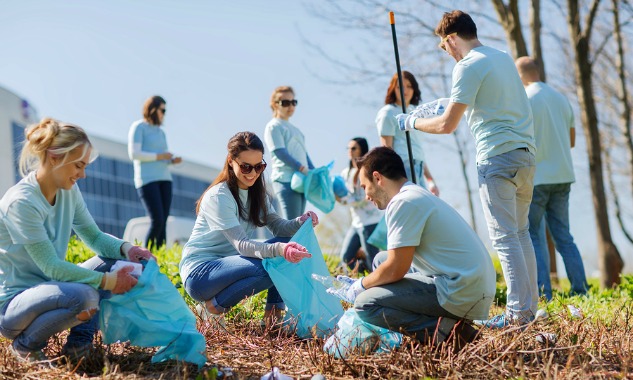How community conversations can help the sector
Share

It’s increasingly clear that ending the cycle of disadvantage in Australia needs genuine engagement from communities. But there’s no doubt really listening to aspirations and challenges through the community’s eyes, and building and maintaining the momentum to leverage community skills and solutions, can be deeply challenging in postcodes with complex social needs.
Here we share five key learnings and reasons why community conversations can help the NFP sector, governments and others to empower community-led social change:
- To deeply understand community’s aspirations and challenges
Our sector often talks about community consultation, but sometimes this seems focused on eliciting feedback on what we plan to do. Community Conversations take a different approach – they’re specifically designed to support people to speak about what’s important to them, their strengths, challenges and experiences. They provide the opportunity to listen deeply, and get to the root cause of issues by probing beyond the first and loudest answers. - To frame discussion around community strengths – not weaknesses
When United Way Australia first began facilitating Community Conversations three years ago, we were surprised to hear some communities report they’d never been asked to contribute their thoughts or talents to programs ‘for them’. Unpacking this, it became clear they often had been asked, but not in a way that resonated with or inspired them. By asking positive questions focused on community strengths and aspirations, Community Conversations foster an openness and willingness to engage, not by asking something new, but by asking differently.
- To give voice to vulnerable and marginalised community members
Community Conversations are designed to engage beyond the ‘usual suspects’ by being held in spaces where people usually gather – playgrounds, pubs, cafés – rather than ‘official’ spaces. Location is key because it provides the opportunity for a broader cross section of community to participate and the chance to form new relationships. - To challenge our assumptions and ways of working
It’s true – sometimes communities say things we don’t want to hear; it can be uncomfortable news that particular services and programs may not align with community needs. But this shouldn’t mean managing community interactions to discourage this type of feedback. Community Conservations invite 100 per cent openness and honesty by handing the conversation to the community to see what they have to say. It might be confronting, but it’s the first step for ensuring strategies, programs, services and support are truly aligned with the community they’re for.
- To help mobilise community potential
Our experience has revealed communities often have their own solutions, at low or no cost, but need firepower to get going. Community Conversations can provide the spark – the crucial first step in really mobilising community action towards particular goals. They also help to better understand our role in empowering and enabling the community to drive the positive change they want to see.
Eleanor Loudon leads United Way Australia’s collaborative community impact work, with a focus on early childhood development and youth unemployment.

























